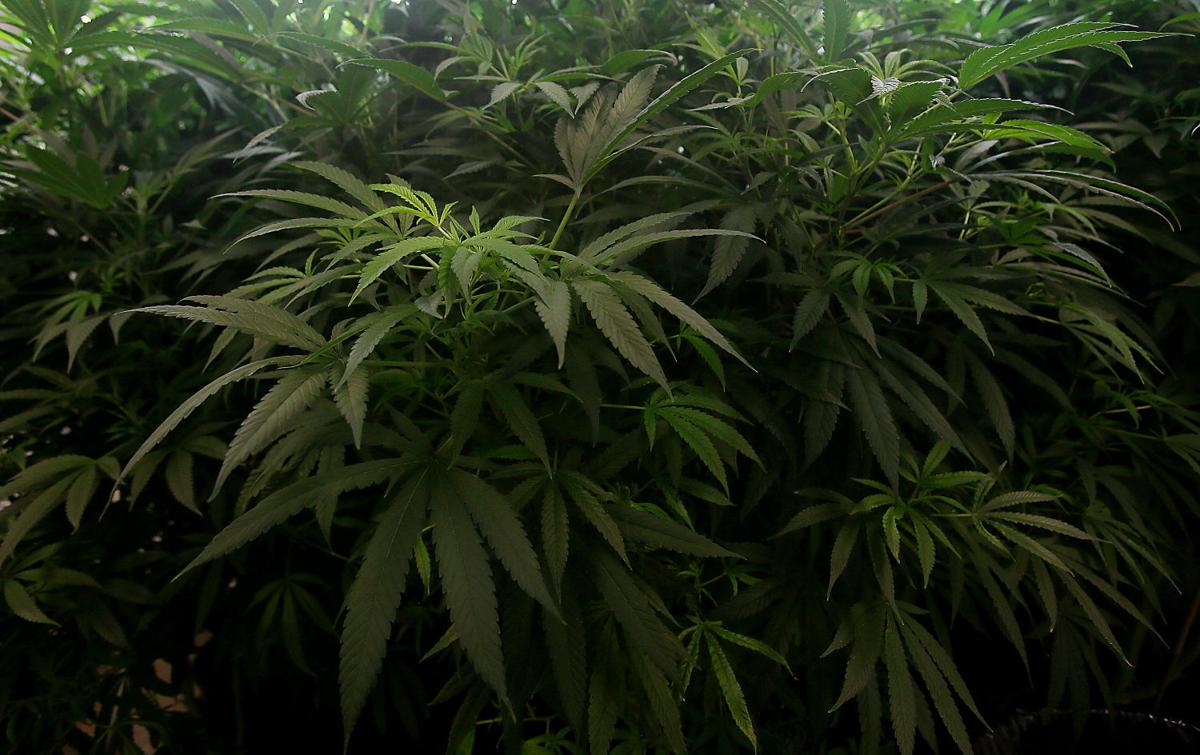PHOENIX — Unable to qualify for the ballot this year, organizers of one of the initiatives to legalize recreational use of marijuana in Arizona are now trying to defeat the remaining measure.
Arizonans for Mindful Regulation has quietly shelved its plans to put its proposal on the November ballot. Organizer Jason Medar said the group has only about 120,000 signatures, far short of the 150,642 it would need by July 7.
The organization, however, is not going away. Its website says it is regrouping for 2018. Medar said with volunteers already in place and more time he is convinced it can qualify for that year’s ballot.
But it’s what will happen next that is most significant: Medar and his allies are forming a political committee to try to persuade voters to reject the other initiative.
That measure, pushed under the banner of the Campaign to Regulate Marijuana Like Alcohol, is virtually certain to make the ballot. Fueled by more than $1 million in donations, the group claims it already has more than 200,000 names on petitions.
And that, in turn, paves the way for what could be an expensive and high-profile fight over whether Arizona wants to follow the lead of states like Oregon and Washington that have legalized recreational use of marijuana by adults.
It puts Medar’s group on the same side of the fight as Sheila Polk and Bill Montgomery, the chief prosecutors of Yavapai and Maricopa counties, who are leading the anti-legalization fight.
But unlike Polk and Montgomery, who oppose easing the laws, Medar and his followers believe the surviving initiative does not go far enough to make marijuana available for recreational use.
The two groups pushing legalization had started as one. But they split last year over the best path to take.
Both measures would legalize recreational use and possession of up to an ounce. And both would impose a system of regulation and taxes.
The measure still alive says anything over 2½ ounces remains a felony offense. By contrast, the proposal by Arizonans for Mindful Regulation made everything up to 8 ounces a misdemeanor.
But at least part of what caused the split was the insistence of the Campaign to Regulate Marijuana Like Alcohol to limit the number of places where people could buy marijuana initially to about 160.
The more than 80 existing medical marijuana dispensaries would get first crack at the number of licenses available. And Medar said there also are provisions in that initiative that allow cities and counties to impose some limits on new locations.
“Only the existing medical marijuana dispensaries are guaranteed to receive any of the recreational marijuana business licenses,” he said, with everyone else “out of luck.” It even limits future competition until 2021, the point at which the state agency that would regulate marijuana would be able to issue more licenses if there is a need.
“We simply couldn’t vote for that,” Medar said of those involved in what he called the “grass roots” part of the marijuana legalization movement, “the people who smoke the stuff” versus the business owners who sell it.
His initiative would have required the state to license as many marijuana shops as liquor stores, a figure Medar put at about 1,600.
Carlos Alfaro, the deputy campaign manager for the remaining ballot measure, would not answer questions about the differences between the measures nor how the new opposition from Medar’s group might affect the November vote. Instead, he issued a prepared statement saying his group looks forward to waging a positive campaign showing the economic and social benefits of taxing and regulating marijuana.
While the new opposition from Medar’s group could undermine the other initiative, the narrowing of the field to a single ballot measure could benefit the remaining campaign.
Had both qualified for the ballot, it could have created confusion for voters who may have been unaware they could vote for both. That raised the potential of splitting the pro-marijuana vote, leaving each measure short of the majority.
The largest share of the funding for the surviving measure comes from the Marijuana Policy Project. That is the same organization that got voters to narrowly approve a 2010 measure allowing those with certain medical conditions to obtain up to 2½ ounces of marijuana every two weeks.
Campaign finance reports show the project and its affiliated foundation have contributed more than $414,000 so far. There also are a series of donations from dispensaries that stand to benefit if the measure is approved.
The campaign against any form of legalization, operating as Arizonans for Responsible Drug Policy, has so far raised at least $480,000 according to reports filed with the Secretary of State’s Office.





